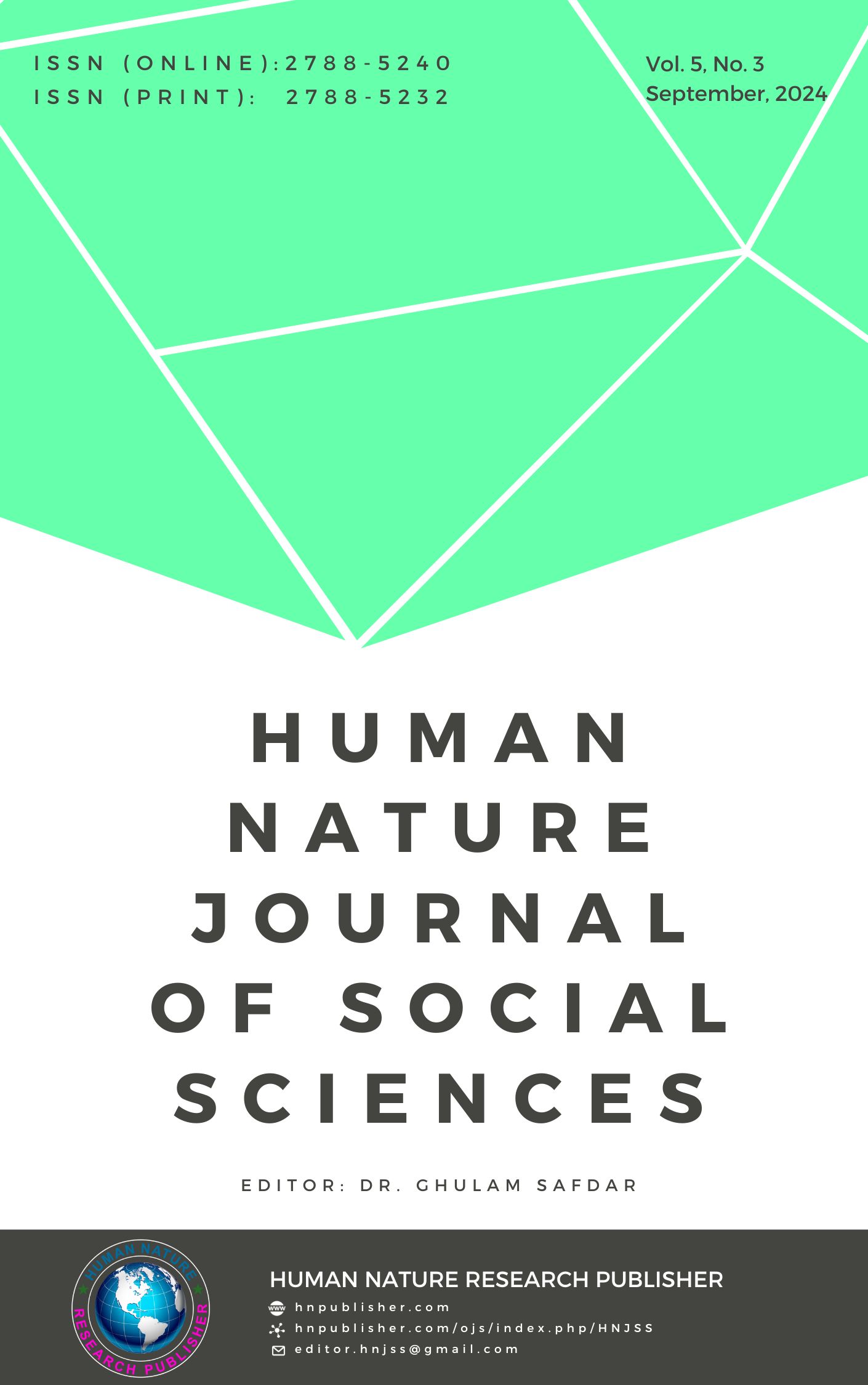Impact of Private Health Expenditure on the Economic Growth of Pakistan
DOI:
https://doi.org/10.71016/hnjss/31necr68Keywords:
Health Expenditures, Economic Growth, Age Dependency, Health ServicesAbstract
Aim of the Study: This study examines the influence of private health expenditures on Pakistan's economic growth.
Methodology: This study took data from 1985 to 2019, utilizing an ARDL approach and various econometric methods to conclude. The model applied in this study is structured around a specific theoretical framework. The growth equation, extending the basic neoclassical growth model, follows Barro (1996) as developed by Bloom and Canning (2004) and subsequently used by other researchers.
Findings: Findings reveal a significant negative relationship between age dependency and current health expenditure on economic growth, while private health expenditure and population demonstrate a strong positive effect on growth. Private health expenditures promote healthy human capital which results in economic growth.
Conclusion: Pakistan's health sector is substantially impacted by population dynamics, and although health expenditures are generally progressive, some subcategories at provincial and regional levels show a regressive trend. The private sector plays a critical role in health service provision, influenced by either government policy or the absence thereof.
Downloads
Published
Issue
Section
License
Copyright (c) 2024 Dr. Naeem Ahmed (Author)

This work is licensed under a Creative Commons Attribution-NonCommercial 4.0 International License.








